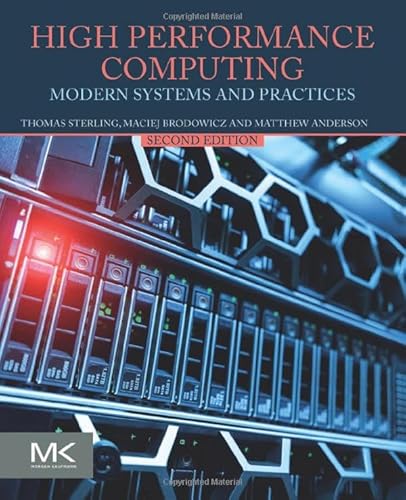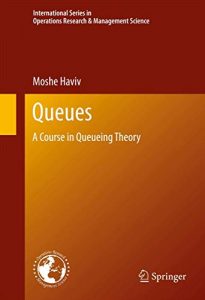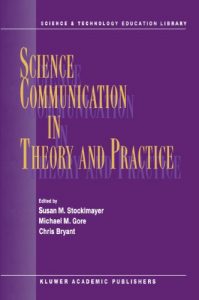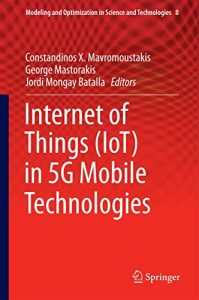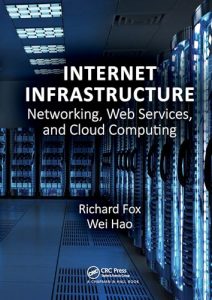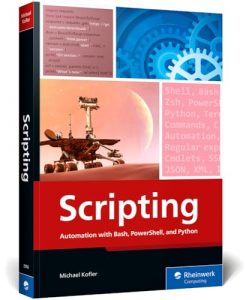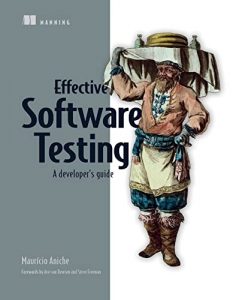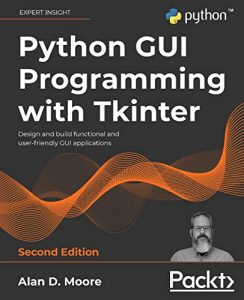1. High Performance Computing: Modern Systems and Practices
Authored by Thomas Sterling, Maciej Brodowicz, and Matthew Anderson, this book is an essential guide for anyone interested in understanding the latest advancements in high performance computing (HPC). Covering both the theoretical and practical aspects, this book delves into modern systems and their applications in real-world scenarios. It’s perfect for advanced students and professionals seeking to enhance their knowledge in the field. The authors provide a comprehensive overview, making sophisticated concepts accessible to a broad audience. Whether you are an engineer or a scientist, this book will equip you with the knowledge to harness the power of modern HPC effectively.

2. Parallel and High Performance Computing
Robert Robey and Yuliana Zamora bring you a profound exploration into the world of parallel and high performance computing. This book is particularly valuable for software engineers looking to understand how effective parallelism can enhance computational tasks. The authors emphasize practical approaches and case studies, enabling readers to visualize real-world applications of parallel computing. This book is more than just a technical manual; it’s an education on the best practices in HPC, making it an impactful read for both students and professionals in the field.

3. High-Performance Computing: Paradigm and Infrastructure
Laurence T. Yang and Minyi Guo’s book is a deep dive into the paradigms that drive high-performance computing today. This comprehensive resource discusses design methodologies, infrastructure considerations, and the future directions of HPC technologies. This book is essential for researchers and advanced students who want to develop a solid understanding of contemporary HPC infrastructures. By bridging the gap between theory and practical implementation, Yang and Guo provide an indispensable reference for any serious HPC researcher.

4. Systems Performance
Written by Brendan Gregg, this book focuses on the performance analysis methodologies that are critical in the realm of systems performance. Through detailed examples and a practical approach, readers are guided to master the skills necessary to optimize systems and network performances. The content is rich with insights that can help IT professionals troubleshoot and improve system efficiency, making this a vital read for those working in performance engineering.

5. Introduction to High Performance Computing for Scientists and Engineers
Georg Hager and Gerhard Wellein provide a fantastic introductory guide tailored for scientists and engineers entering the field of high-performance computing. The book demystifies complex topics and offers hands-on, practical programming concepts suitable for various scientific fields. This resource is particularly valuable for beginners who are eager to implement high-performance computing practices in their work while ensuring a solid foundation in both theory and application.

6. High Performance Computing (RISC Architectures, Optimization & Benchmarks)
Authored by Kevin Dowd and Charles R. Severance, this book offers an insightful understanding of RISC architectures, optimization techniques, and essential benchmarks that are foundational in high-performance computing. The authors guide readers through the designs that lead to improved computation speeds and efficiencies. This text is particularly useful for developers and researchers who need to know how to benchmark their systems against modern standards.

7. Introduction to High Performance Scientific Computing
David L. Chopp’s book is a compelling introduction to high performance scientific computing, focusing on the methods and practices necessary for modern computational science. Through case studies and theoretical concepts relevant to scientific problems, this book is an essential tool for scientists aiming to tackle large datasets and complex simulations effectively. It’s designed to equip readers with the problem-solving skills needed to thrive in today’s scientific landscape.

8. High-Performance Computing
In this classic text by R.J. Allan and colleagues, readers are provided with a historical perspective on high-performance computing and its evolution over time. Offering insights into the early architectures and the advancements that have shaped today’s computing capabilities, this book is a must-read for anyone interested in the foundational aspects of HPC. It serves as both an educational tool and a walk through the history of computing innovation.

9. Heterogeneity, High Performance Computing, Self-Organization and the Cloud
In their groundbreaking work, Theo Lynn, John P. Morrison, and David Kenny explore the impact of cloud technologies on high-performance computing systems. The authors emphasize the importance of heterogeneity and self-organization in modern computational workloads, making this book essential for professionals looking to leverage cloud capabilities in an HPC context. With rapidly evolving technology, understanding these concepts is critical for staying ahead in the field.


